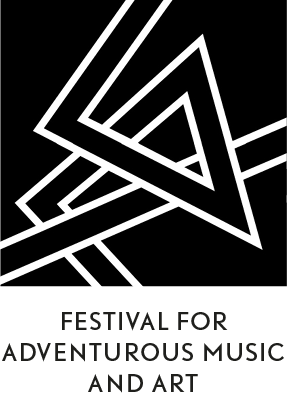The Bug
[UK]

Kevin Martin aka The Bug is a prolific British musician and record producer known for his full-scale mastery of sonic intensity. For over two decades, Martin has commandeered a multiverse of projects including the monstrous jazz maelstroms of God, the menacing, lead-heavy beats of Techno Animal, the feverish dreams of King Midas Sound, and the dread-infused dancehall of The Bug.
Martin’s influential move to London in the 1990s triggered in him an avalanche of underlying lust for DIY culture and non-conservative music structures, which he went on to explore with a four-track recorder, numerous aliases, and genre-bending experimentation. The Bug was born in 1997 as a collaborative project with DJ Vadim on New York’s Wordsound label. Their debut, Tapping the Conversation, was forged as a an alternative soundtrack to the 1974 Coppola film The Conversation. It was as visionary as it was consequential.
With the release of Pressure in 2003, The Bug incarnation gained wider appreciation. The album accented bass bin rhythms with the poetic slang of raga vocalists like Daddy Freddy and Roger Robinson, who would later become Martin’s lyrical partner in King Midas Sound. The Bug’s critically acclaimed Ninja Tune debut and third album under the alias, London Zoo (2008), was hailed as a crucial reference to London’s early dubstep scene.
The 2014 full-length Angels & Devils benefited from an impressive list of collaborators including Grouper, Death Grips, Gonjasufi, Inga Copeland, Mala, Miss Red, and Flowdan, yet Martin’s structure remained a unique and personal exploration of light and darkness.
Kevin Martin has also collaborated with the noise-jazz project 16-17, Pete “Sonic Boom” Kemper’s E.A.R projects, John Zorn, and Anti-Pop Consortium and has remixed Grace Jones, Thom Yorke, and Einsturzende Neubauten, among many, many others.
His latest project, a collaborative face-off with Dylan Carlson of the legendary drone band Earth, culminated in the LP Concrete Desert on Ninja Tune this past November. With track names like “City of Fallen Angels” and “American Dream,” the dreary, heavy-laden album conceptually examines Los Angeles as a dystopian model.

